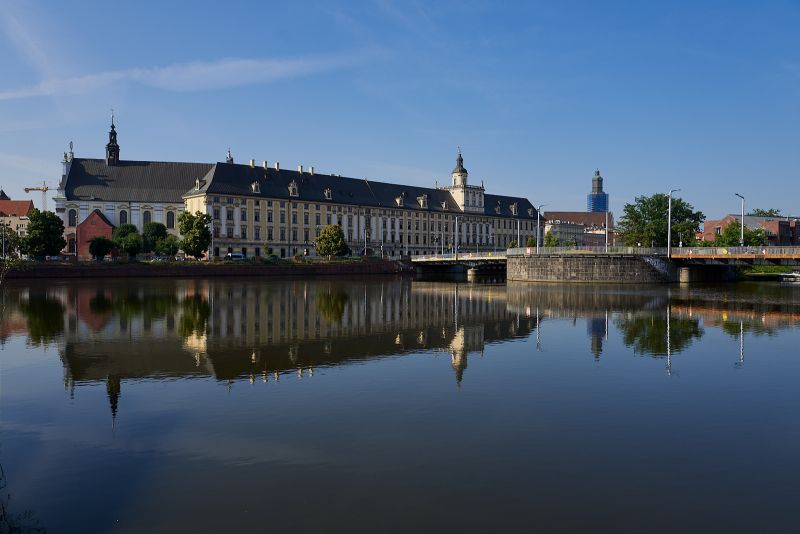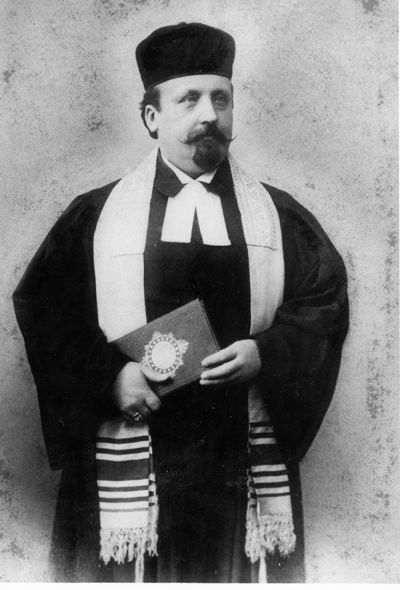Poles in Breslau (until 1939)
Mediathek Sorted
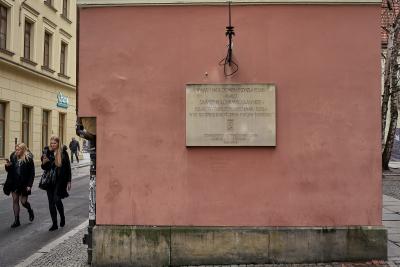
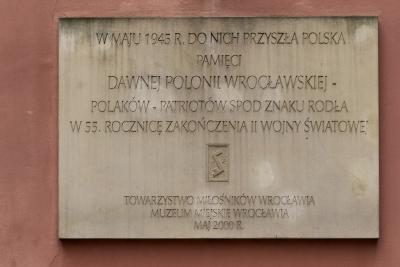
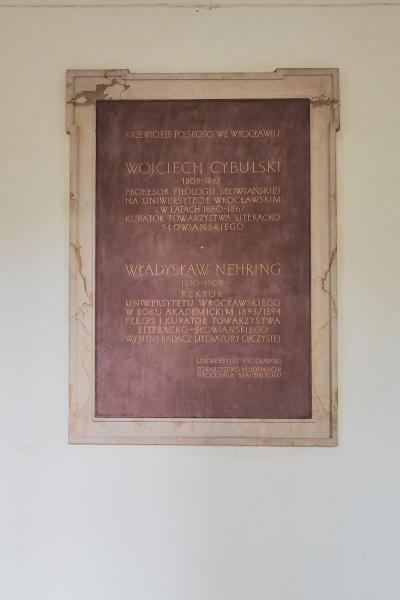
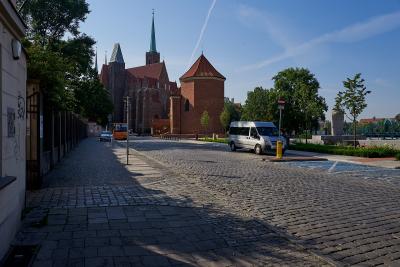
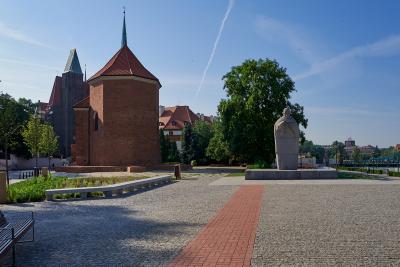
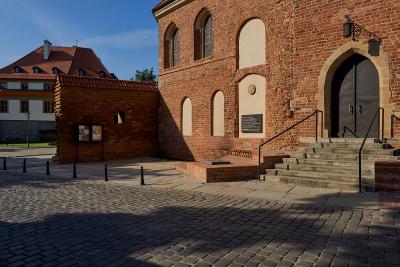
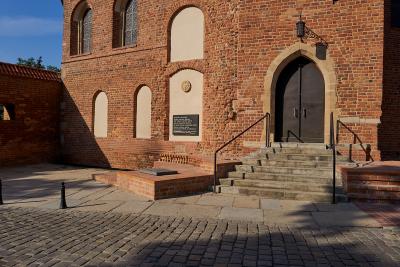
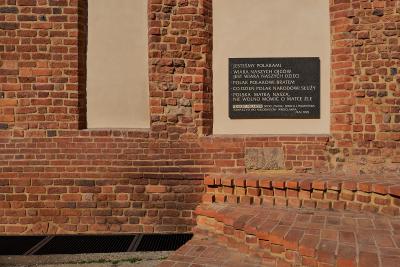
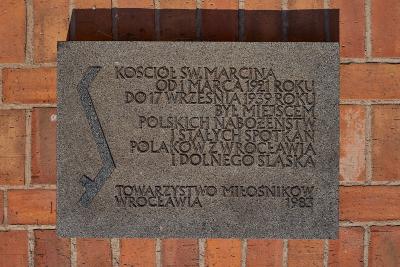
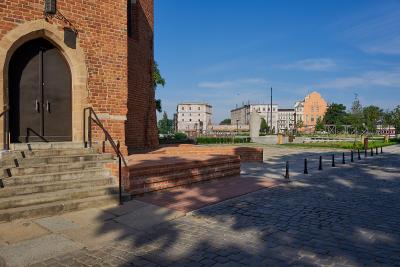
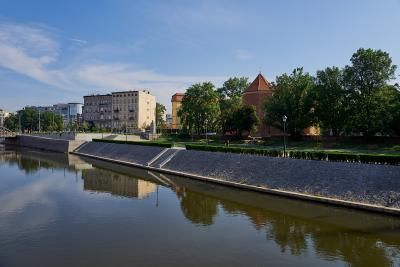
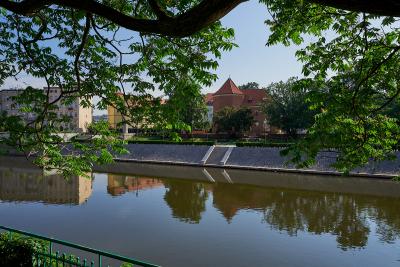
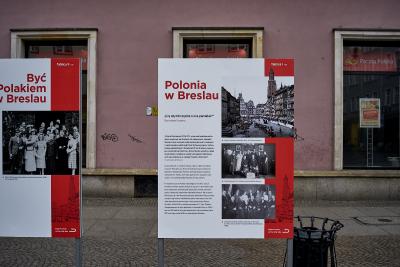
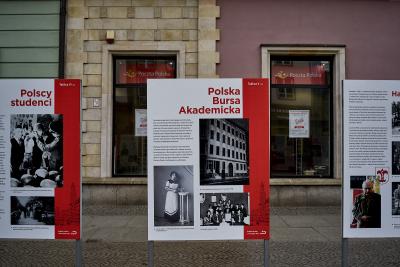
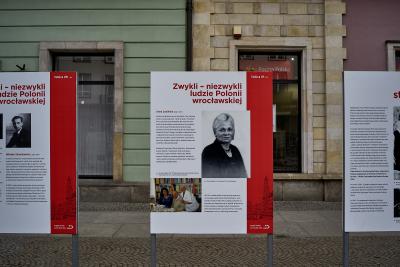
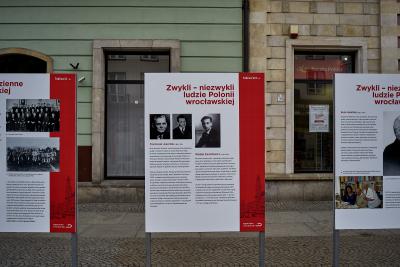
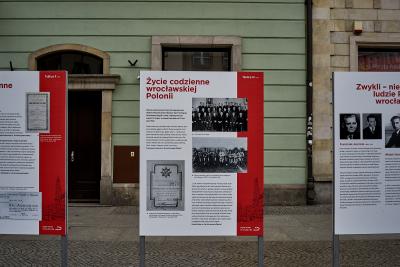
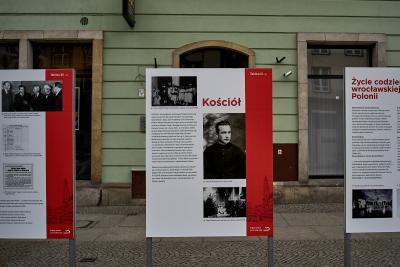
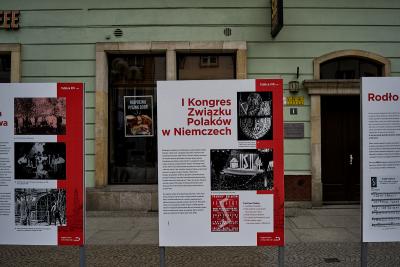
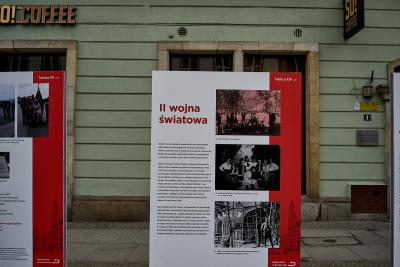
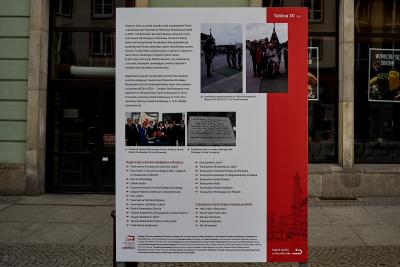
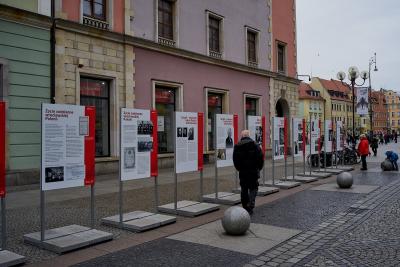
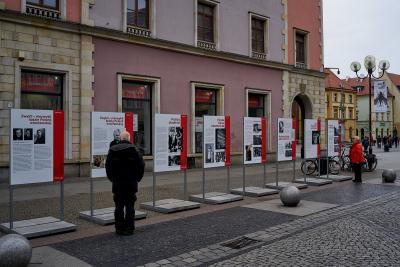
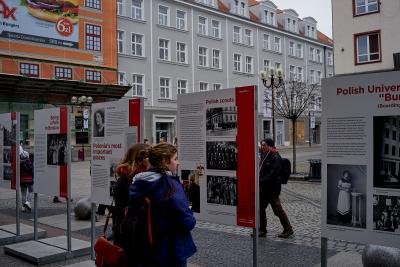
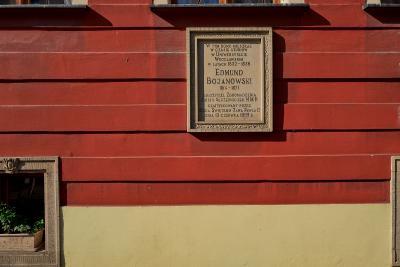
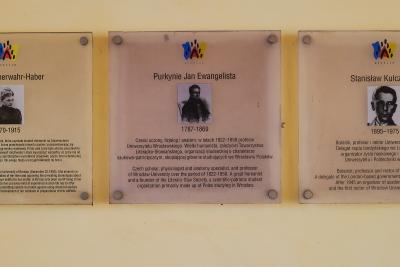
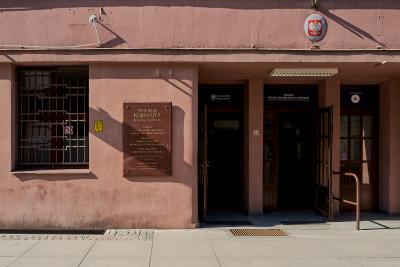
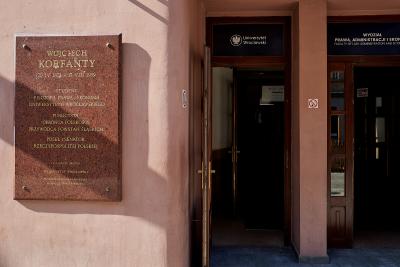
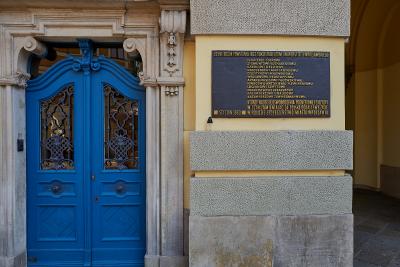
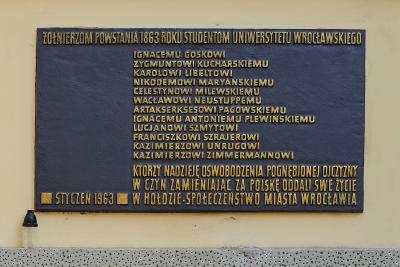
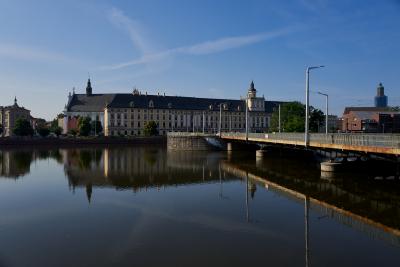
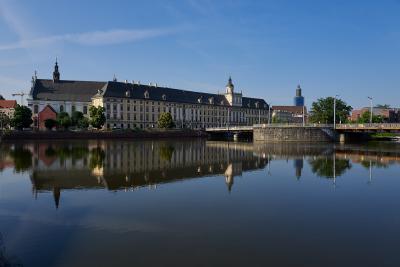
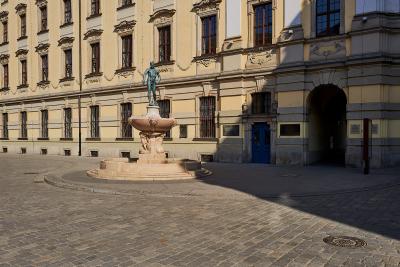
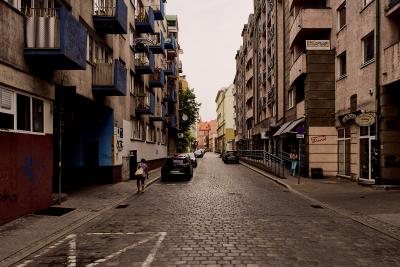
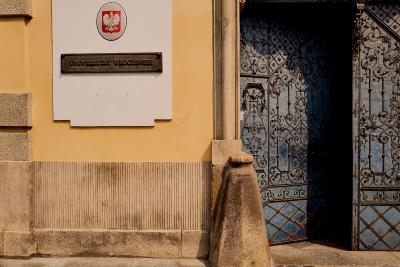
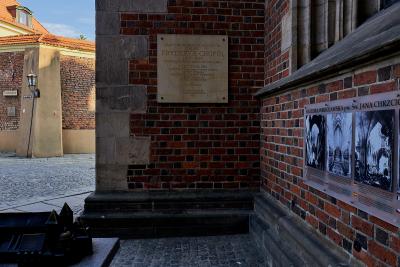
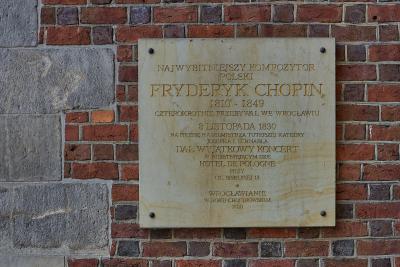
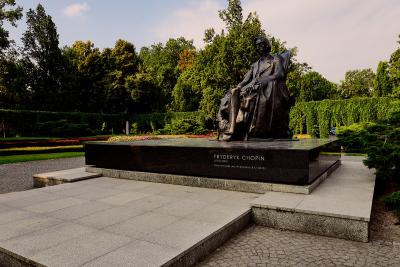
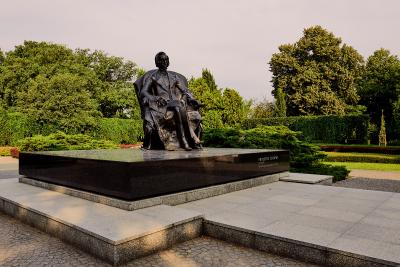
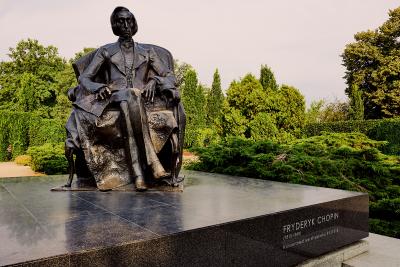

Sellers, craftsmen, domestic employees
In the 19th century, Poles began to arrive in Wrocław from the overpopulated regions of Wielkopolska and Upper Silesia. At first, they took on various types of casual work as long as they were earning their keep. They worked in industry, craft trades and services.
“Service in inns and shoppers in stores – wrote Wincenty Pol in his travel diary of 1847 – at first glance and everywhere there will be at least one person in a local or commercial store who speaks good Polish. All inscriptions on shops were written in two languages. Even the Germans, the owners of estates, whose goods are near to where the locals speak Polish, are learning the language to meet the needs of the people”. (Pol, Dzieła ..., p. 179).
Some of the rules set out by the city authority, such as firefighting, were also published in the Polish and German language.
“But”, as Teresa Kulak, an expert in the history of Silesia, commented “the overall image of the town was dominated by the German language and culture to which to the Jewish population adapted more and more”. (Kulak, Historia Wrocławia…, p. 47).
Many representatives of the Polish intelligentsia, mainly doctors, solicitors and members of land owner’s families from Wielkopolska and Pomerania, also lived in Wrocław.
Over time, the Poles also made their presence felt among the ranks of the wealthy bourgeoisie. The Poles opened businesses, workshops, hotels, pharmacies and chemists, some even had small factories. It is estimated that around 20,000 Poles were living in Wrocław at the turn of the 20th century (the official German statistics gave the number as 7,000-8,000 people).
Polish community life was played out in various rented halls. National holidays were organised and important personalities from Polish history and culture were remembered. Charity events (such as presents for poor children before Christmas) attracted a lot of attention. Popular dance evenings were held in Vinzenzhaus (today Frycza Modrzewskiego street). Even the German population got involved.





















































































